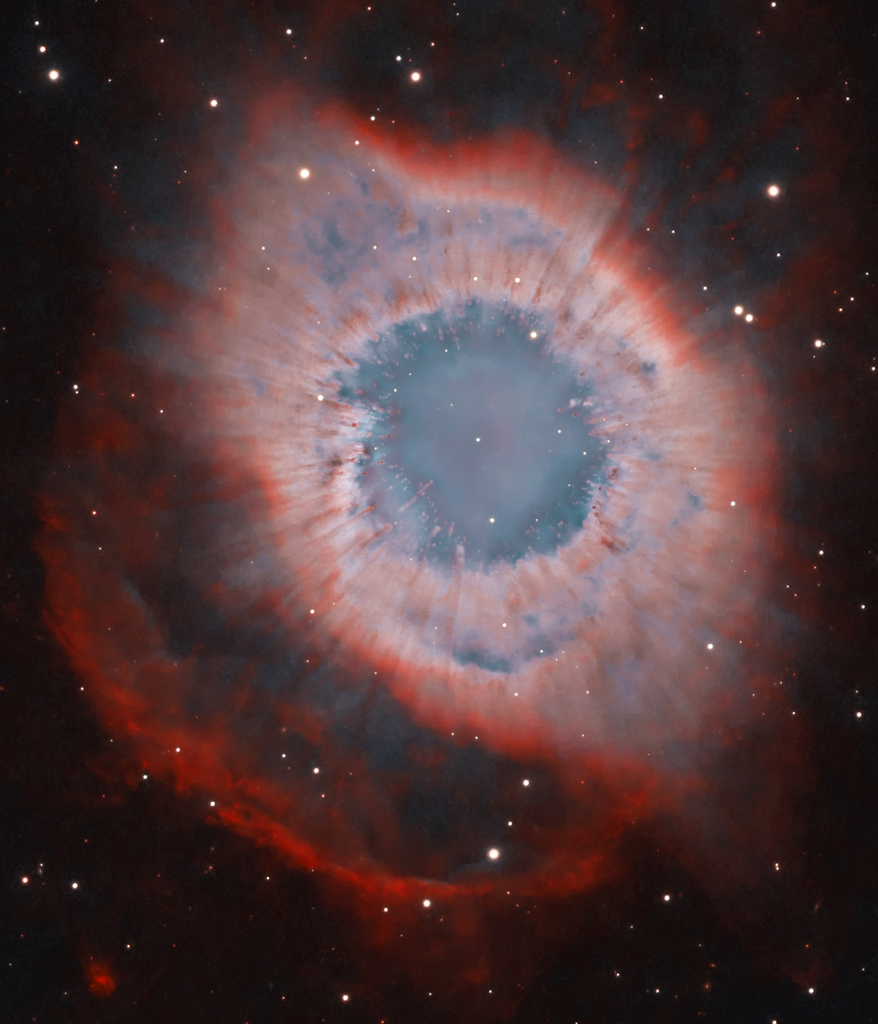From the very beginnings of life on Planet Earth to today, evolution has gradually brought about change and adaptation. As environmental conditions have altered, bringing about new climates, life forms have soon followed suit—the luckier variations altering to thrive in the new situation, while the less fortunate ones died out. This elegant process has caused relentless and progressive adaptation on the part of plants and animals—with the result that, at any given moment in time, the mix of living species is fairly well balanced.
There have been, however, numerous occasions when the environment changed so dramatically and rapidly that many species could not adapt quickly enough, so they became extinct. There have been half a dozen or so catastrophic events that caused some 70-95% of plant and animal species to disappear, but life soon adjusted and began to flourish again, as new species came into existence.
We are now in the midst of the latest major environmental change. It is being designated as the Anthropocene Age transformation—whereby the planet is rapidly heating. This change is being brought about by humans. And the rate is hundreds and thousands of times faster than in any comparable change in the past! That faster pace will likely see the extinction of far more species than in the past.
And yet there is already evidence that some animals are currently altering their physiology, in attempts to adapt to the warmer conditions. Some of these critters have slowly evolved (over millions of years) to find ways to radiate excess body heat. Birds' beaks help them cool, because their bills are not covered with insulating feathers. Similarly, some furry animals have evolved hairless ears, tails, and legs, in order to shed excess heat.
Current scientific research is showing that some bird species are adapting to hotter climates by growing larger beaks—to radiate heat better. Some mammals are growing longer ears or less hair on their legs. Some bats have had their wing size increase. This is evolution in action, and is rather heartening. But there may well be more to the story that is less heartening. Might these recent changes negatively impact other bodily needs, such as the ability to avoid predators or attract sexual partners? Might the changes be better at dissipating heat, but worse off for other needs?
Most importantly, the Anthropocene climate change is occurring at breakneck speed—over dozens of years, rather than thousands. That is too fast for some species to respond. Unable to change in time, they face the prospect of disappearing. Time will tell, as they say.





